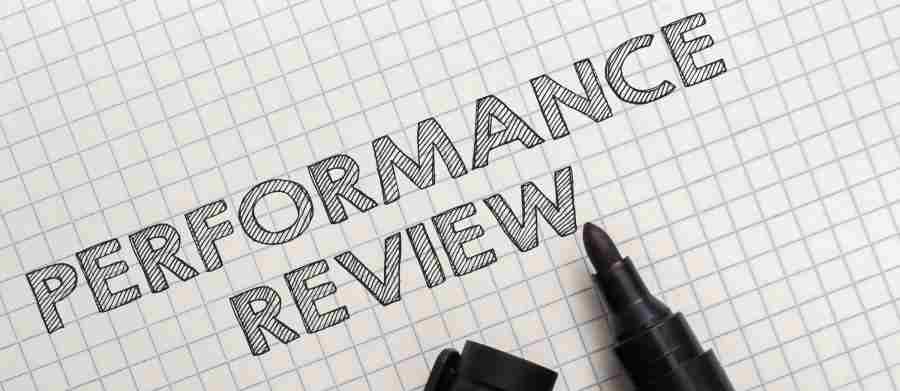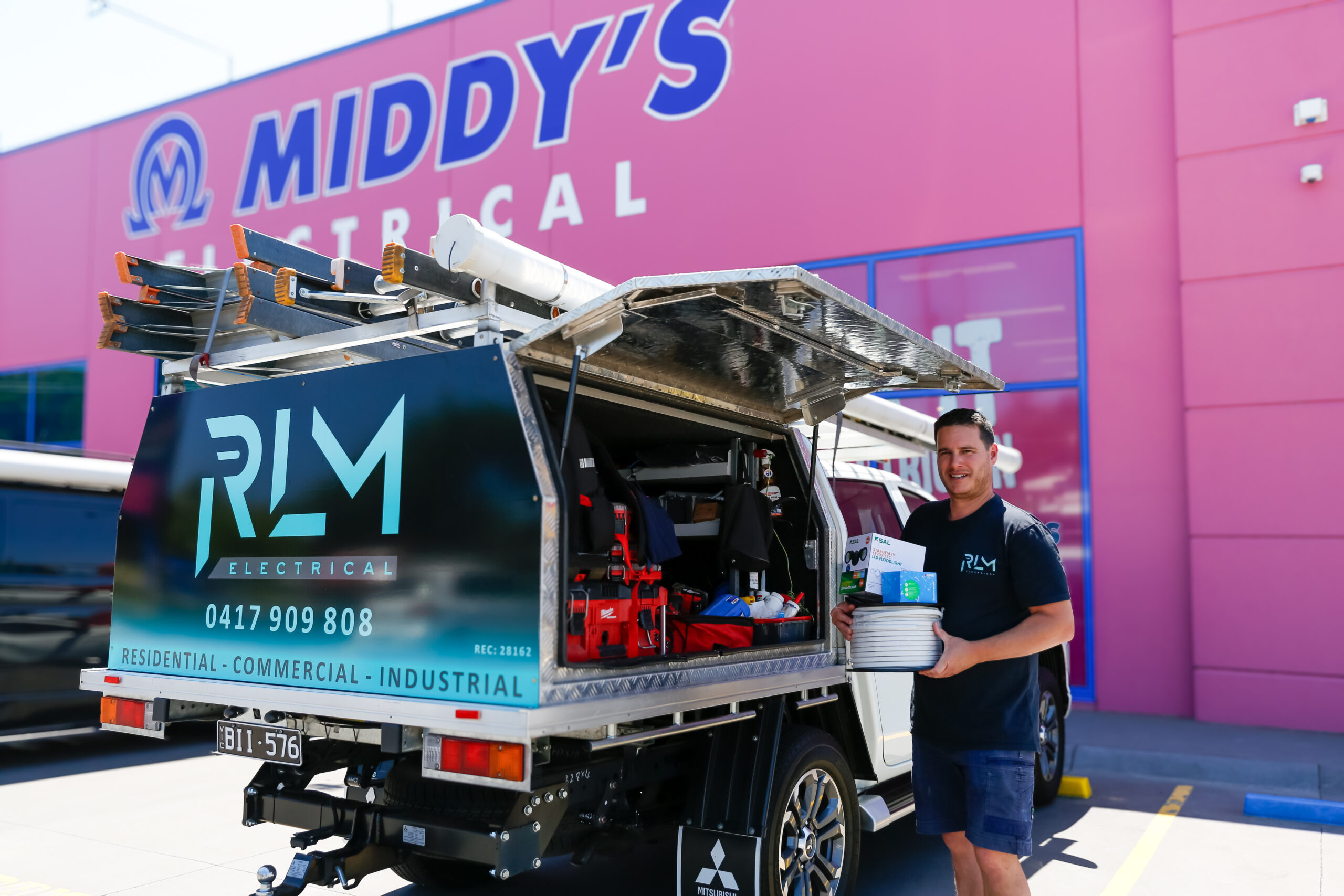Business performance indicators for every electrical contractor
Money coming in and customers returning? Sounds like a good business. But it’s certainly not as simple as that. So, what business performance indicators should you be looking for?
Many contractors end up running their own businesses somewhat by accident.
You likely never intended to be a ‘business’ person. But after a few years in the trade you see what’s involved in steering your own ship, and you think, ‘I can do that myself.’
There’s a lot of logic to that and there are many advantages to doing your own thing. (Although – warning – it’s not all a bed of roses. Far from it.)
And it’s a scenario that’s not confined to the electrical trade – it’s common in many industries. How many stories do we hear about people who are good at their job getting promoted into a new role, without any serious training. It’s flawed, but it happens.
On the surface, running your own business can look pretty straightforward. Keep money coming in, do a good job, and control money going out. If you’ve got a bit of profit and returning customers, life’s good, right?
Absolutely.
However, at some point, you’re going to have to make a call. Do you take on more staff? Do you open in another location nearby? Do you scale the business up or do you keep it at the size it is?
And, it doesn’t necessarily follow that growth is good.
“Growth can be good if managed well, but unchecked or rapid growth without proper planning can lead to problems,” says Joe Maurici, Director at Adelaide-based financial and business advisory firm Ashmans Accounting.
“It's about smart and sustainable expansion, not just getting bigger for the sake of it.”
Sarah Eifermann, Finance and Business Strategy Advisor at Helix Planning, says that it’s important to tread carefully and figure out if you really want to grow.
“Are you a technical specialist or a business owner? Growing too quickly can actually kill your business and your peace.
“First, the business has to work out what it wants – what is it trying to achieve? Sometimes the stress of managing staff and clients just isn’t worth it either.
“However, if you’re not feeling challenged as a business owner, you’re paying yourself good wages, you’re meeting all of your business commitments on time and have a desire to be off tools and manage staff, then it’s worth considering.”
The business performance indicators to look out for
If you’re content that, yep, as an individual you want to scale this thing up, it’s time to look at the business side of things.
So, what are the business performance indicators that indicate you could be in a position to grow?
Joe says there are eight things to consider.
1. You have a stable cash flow
Consistent and positive cash flow indicates financial readiness for growth.
2. You enjoy high customer demand
Increased demand for your products or services signals market acceptance and potential for expansion.
3. Your operations are slick
Streamlined processes and optimised efficiency lay a foundation for successful growth.
4. Your infrastructure is scalable
Your business systems and resources can easily adapt to increased demands without major disruptions.
5. You have proven profitability
A track record of sustained profitability demonstrates the business’s ability to handle growth responsibly.
6. You have effective leadership
Strong leadership capable of strategic planning and decision-making.
7. Market opportunity exists
You are able to identify untapped markets or new opportunities.
8. You have positive customer feedback
You have plenty of happy and satisfied customers.
Warning signs that you’re not ready to grow
Just as there are a number of signs that you’ve got a healthy business and you’re ready to grow (if you want to), there could also be some warning signs that your business simply isn’t ready for all of that yet – even if you want to.
“It’s important to analyse your systems and processes. Are they set up to facilitate growth?” asks Sarah.
“Your business needs to be profitable and your cash flow needs to be positive – if it’s non-existent and not meeting current commitments, it’s not time to grow. Likewise, if you have ATO debt.”
And there are benefits to staying small, too.
Joe says, “Staying small can be beneficial for simplicity, agility, and focus. It allows for better control, lower overheads, and the ability to quickly adapt to changes in the market.”
Getting set for growth
If you’ve given it serious thought, and have decided that, yes, you’re ready personally, and all of the metrics are looking A-OK, it’s time to start planning. 
So, outside of profitability, positive cash flow, scalable infrastructure and efficient operations, what else do you need to have in place?
“A clear market strategy, and capable leadership,” says Joe. “You’ll need to have systems in place for handling increased demand, maintaining quality, and sustaining profitability.”
Ultimately, growing your business isn’t a decision to take lightly and may well create new problems and challenges to deal with.
However, if you’ve got the urge, and everything’s pointing in the right direction, you’ve probably got a good chance of a successful scale-up!





Comments (0)
Write a Comment